I stole this from High Times
Share
"How To Recognize Fake Cannabis News
High Times spoke with the experts above to build an easy-to-use guide for telling fact from fiction when it comes to fake cannabis news.
1. Be wary of police sources. “One way to know it [might be fake] is if it’s coming from police,” Mitchell advises. Conventional authorities have statistically had little issue with lying to dissuade cannabis use, so approach police sources with extra caution.
2. Read beyond the headline. Easy though it is, don’t turn off your brain when scrolling through your choice of cannabis content. Read the content through till the end. Especially on social media, Pennycook says that when news content is mixed with pictures of dogs and food, it demands a less critical mindset that leaves space for that story about how CBD’s cured cancer to sneak in.
3. Look for a GMP certificate on products. The spirit of fake news lives on in products that oversell their efficacy or don’t do proper testing. “At the minimum, try to find a GMP [Good Manufacturing Practice] certificate,” says Marcu. GMP designations show that a product’s been tested by third parties in a lab setting. “If they’re not doing research into their own products, they’re doing it on you, the consumer.”
4. Investigate the author. “Most credible news sources have a byline,” Stansberry notes. If you can see who’s produced it, give their name a click and see what other sorts of stories they’ve published. If you can’t, that may be a red flag.
5. Read laterally. One of the best tools against disinformation is what Pennycook calls “lateral reading”: “Check out the website, then see if other websites are confirming the same thing,” he suggests. “It’s hard to reconstruct a universe of information.” Take it from only one source, and you’re more likely to get duped.
6. Look for scientific affiliations. With cannabis and its derivative products, Marcu suggests looking for “any company that has an institutional affiliation with scientific boards.” He says if a company doesn’t have a qualified medical advisor, they may not be holding their claims to evidence-based standards. “Use Google Scholar to see if any of these people are published in the field,” he says, stressing that peer-reviewed research is a must.
8. Remember the golden rule. “If it sounds too good to be true, it probably isn’t true,” Mitchell says. Cannabis is many things; but to spare us all another snake-oil phase, consider that the sensational is often just that – sensationalized."

Here is a link to the original article - https://hightimes.com/guides/users-guide-fake-cannabis-news/
